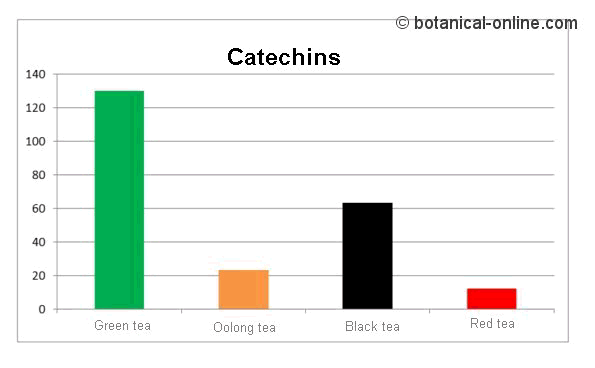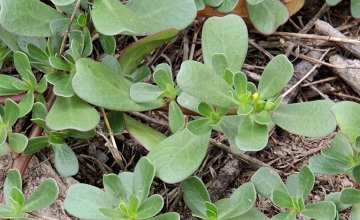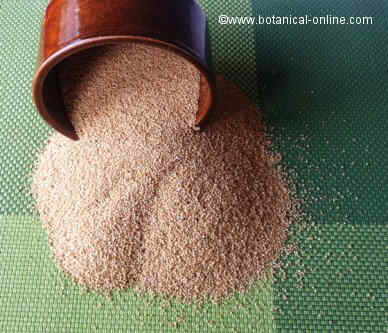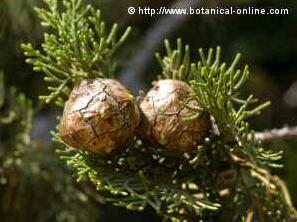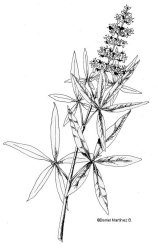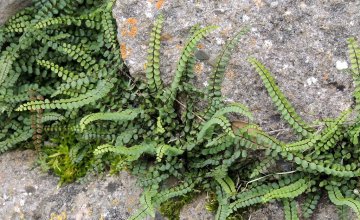Contents
DANGERS OF DROSERA
TOXICITY OF COMMON SUNDEW
Is common sundew a toxic plant?
No, sundew plant is not toxic. However, do not exceed the recommended dose as it can cause side effects such as irritating the lining of the digestive tract and can cause stomach pain or gastritis.
The plant has contraindications. * See Contraindications of sundew.
Toxicity and adverse effects of common sundew
This is a very typical carnivorous plant, covered with “droplets” or secretions to attract and capture small insects.
Secretions of this plant contain enzymes (proteases) and active principles called naphthoquinones. Among its active ingredients, plumbalgin is the most abundant.
Dangers of the plant when collected in the wild
In the wild, the plant may be contaminated by parasites (Fasciola hepatica). Sundew may be transmitting a disease called liver fluke or fluke. The risk of contamination is multiplied if it is grazing goats, sheep, cows, etc.
As these animals can carry the bacteria and pass it to the water. Sundew, which is native in aquatic sites, serves as host for this parasite.
The parasite is located in the bile canaliculi of omnivores (grazing animals and humans), causing liver damage, jaundice and anemia. For this reason, it is NOT recommended the internal use of wild sundew. It is preferable to use prepared plant extract.
Treatments with sundew
At the recommended dose, it is a remedy with few side effects described. However, do not exceed the recommended dosage as it can irritate the digestive mucosa in high quantities.
In pregnancy, this plant should NOT be taken because plumbalgin (the active ingredient) has cytotoxic effects and can harm the fetus.
![]() More information about common sundew.
More information about common sundew.


